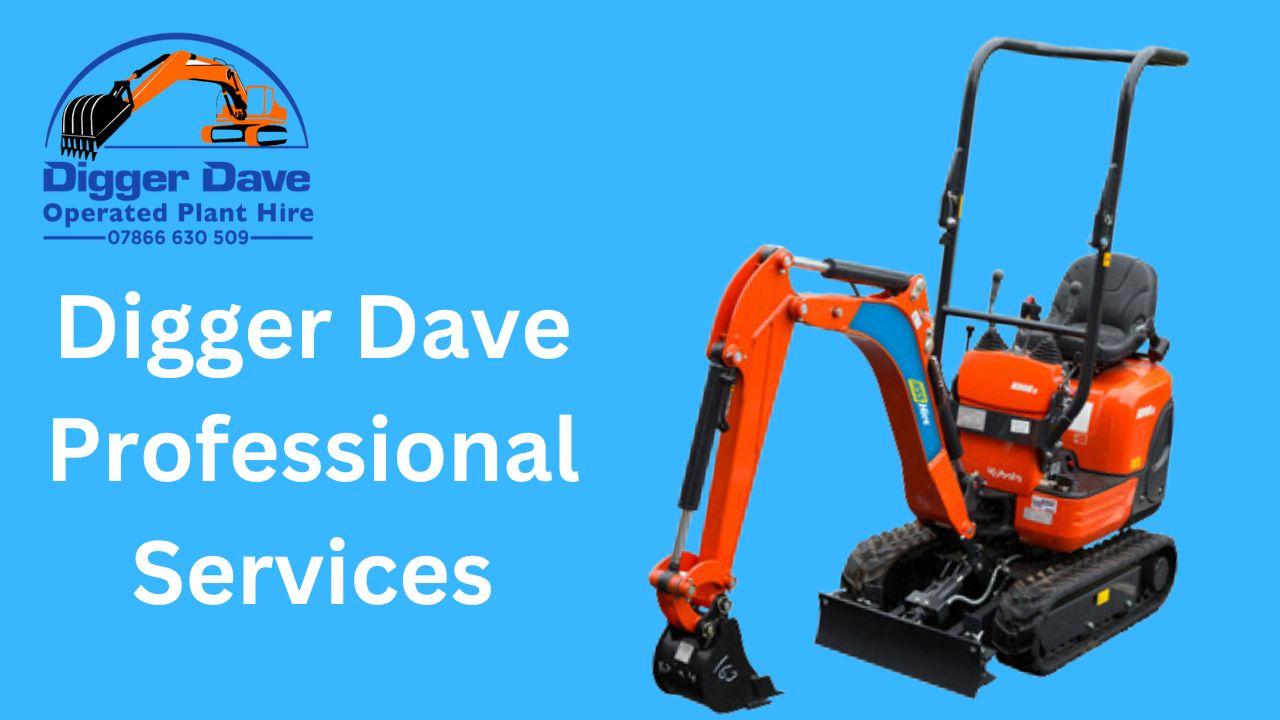The Role of Diggers and Operators in Modern Construction

The Role of Diggers and Operators in Modern Construction
In the ever-evolving landscape of modern construction, diggers, also known as excavators, play a pivotal role in transforming visions into reality. These robust machines, paired with skilled digger operator, are essential for a variety of tasks, ranging from site preparation to landscaping. This article delves into the functionality of diggers, the expertise required of their operators, and the significance of their work on construction sites.
The Anatomy of a Digger
A digger is a heavy construction machine equipped with a bucket, arm, rotating cab, and movable tracks. Its design allows it to excavate and move large amounts of earth, making it indispensable for tasks such as digging trenches, foundations, and holes for utility lines.
Key Features:
-
Hydraulic System: The heart of a digger's power lies in its hydraulic system, which enables precise movement of the arm and bucket. This system allows operators to manipulate the machine with exceptional accuracy, making it capable of handling various materials and terrains.
-
Articulated Arm: The articulated arm can extend and swing, providing a wide range of motion. This flexibility is crucial for reaching difficult areas, such as tight spaces between buildings or uneven ground.
-
Durable Bucket: Diggers come equipped with different types of buckets tailored for specific jobs—standard, trenching, or grading buckets. Each bucket type is designed to handle specific tasks, whether it's digging, scooping, or leveling.
-
Tracks: Unlike traditional vehicles, diggers have tracks that provide stability and traction, enabling them to work on soft or uneven surfaces without sinking.
The Expertise of Digger Operators
Operating a digger requires more than just technical knowledge; it demands a blend of skill, training, and experience. A skilled operator must understand the machine's mechanics and how to optimize its capabilities for various tasks.
Training and Certifications:
-
Heavy Equipment Training: Most operators undergo formal training programs, often through vocational schools or community colleges, which provide hands-on experience and theoretical knowledge about the machinery.
-
Safety Certifications: Given the inherent risks associated with construction sites, operators must also be certified in safety protocols, ensuring they can navigate hazards while working efficiently.
-
Experience: Proficiency in operating a digger is developed over time. Experienced operators are adept at reading the terrain, managing materials, and coordinating with other crew members, making them invaluable assets on-site.
The Importance of Diggers in Construction Projects
The impact of diggers and their operators on construction projects cannot be overstated. They facilitate numerous essential tasks that form the backbone of any construction endeavor.
-
Site Preparation: Before any structure can be built, the site must be cleared and leveled. Diggers efficiently remove debris, rocks, and vegetation, setting the stage for construction.
-
Excavation: Whether it's for foundations, basements, or trenches for utilities, diggers excel at excavating deep into the earth. Their ability to reach significant depths with precision is vital for safe and effective construction.
-
Landscaping and Grading: After initial construction, diggers are often employed for grading and landscaping, ensuring proper drainage and aesthetic appeal of the finished project.
-
Material Handling: Diggers are not only used for digging but also for moving and placing materials around the site, streamlining the workflow and improving overall efficiency.
Conclusion
In the realm of construction, the collaboration between diggers and their operators is a cornerstone of progress. These machines not only enhance productivity but also ensure that projects are completed efficiently and safely. As technology advances, the capabilities of diggers continue to expand, further solidifying their essential role in shaping our built environment.
- Art
- Causes
- Crafts
- Dance
- Drinks
- Film
- Fitness
- Food
- Games
- Gardening
- Health
- Home
- Literature
- Music
- Networking
- Other
- Party
- Religion
- Shopping
- Sports
- Theater
- Wellness


